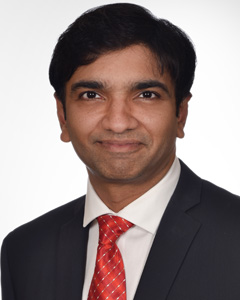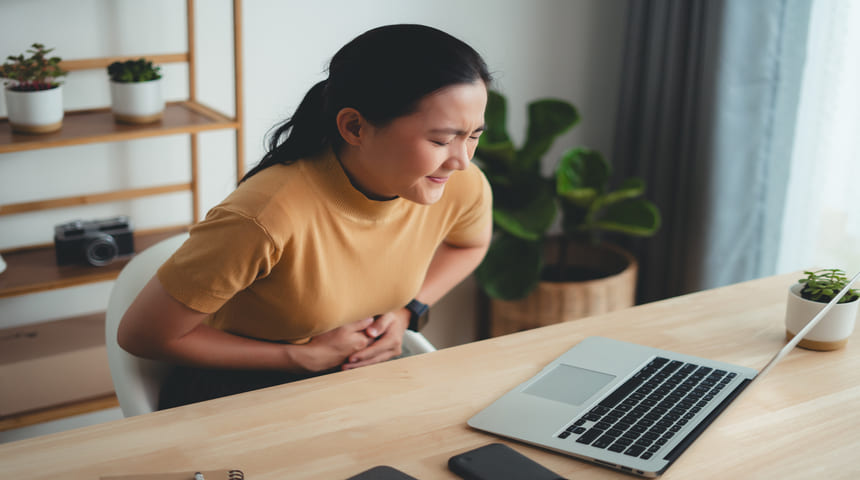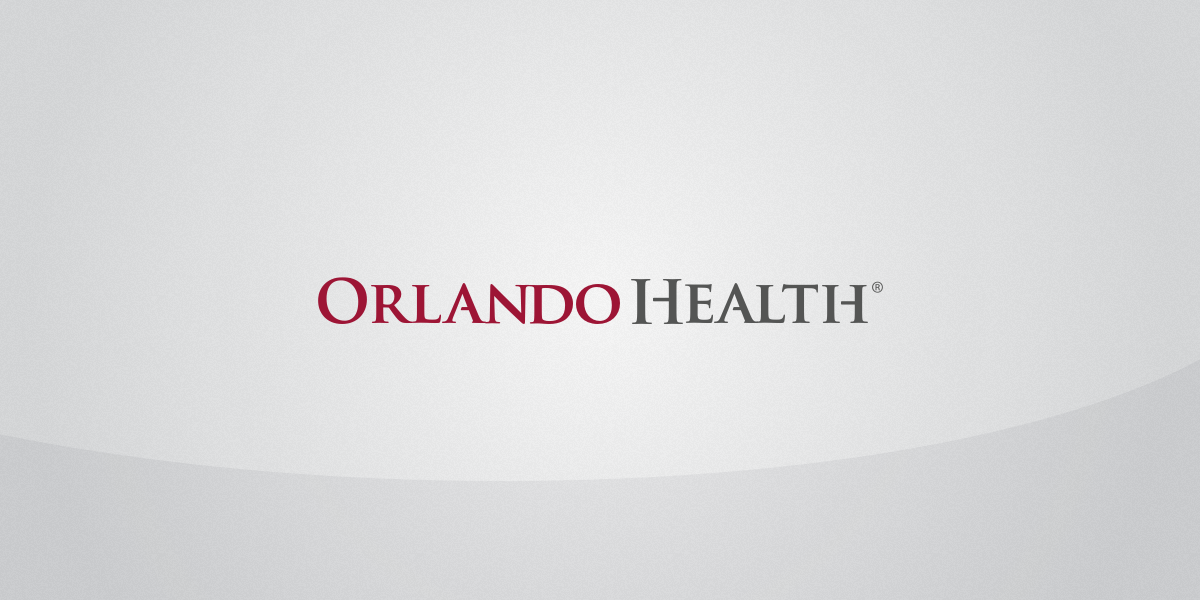Inflammatory bowel disease (IBD) sufferers know what it’s like to have to deal with diarrhea, abdominal cramps and fatigue. Even worse: IBD also can cause liver disease.
Nearly 2 million Americans have inflammatory bowel disease (IBD), and 70,000 more are diagnosed with the disease each year. In some people with IBD, the liver can become inflamed or damaged. Most liver damage is reversible, but serious liver disease can affect about 5 percent of people with IBD, which includes ulcerative colitis and Crohn’s disease.
Types of Liver Disease in IBD Patients
Fatty liver disease is the most common liver complication of IBD, affecting people with ulcerative colitis and Crohn’s disease equally. Extra fat gets deposited in the liver, squeezing out normal liver cells. This also can happen in other conditions, like diabetes, pregnancy and obesity, and it can be due to steroid use, as well. It is often reversible.
Primary Sclerosing Cholangitis (PSC) is a form of inflammation specific to the bile duct system of the liver that is almost exclusively seen in IBD patients. Bile ducts transport bile from the liver to the upper small intestine. Scarring of the bile ducts, and eventually the liver, is caused by the inflammation. When this occurs, the bile cannot flow normally. PSC is an autoimmune disease and there is no treatment, other than a liver transplant, to cure it.
Some medications used to treat IBD also can cause abnormal liver function tests and damage if not detected early.
Symptoms of Liver Disease in IBD Patients
Many IBD patients do not have symptoms when they are experiencing liver disease. If they do, the symptoms can include:
- Fatigue
- Pain in the upper right abdomen
- Feeling of fullness in the upper right abdomen
- Itching
- Jaundice
- Easy bruising
- Fluid retention
Which IBD Patients Are at Risk for Liver Disease?
If you have ulcerative colitis, you are more at risk for liver disease than people with Crohn’s disease. That’s because you may have extensive colitis, which affects the entire colon. Continuous inflammation begins at the rectum and extends beyond the splenic flexure. Extensive colitis affects men more than women. Symptoms may include loss of appetite, bloody diarrhea, abdominal pain and weight loss.
Diagnosing Liver Disease in IBD Patients
It’s important that you see a specialist who tests your liver regularly if you have IBD. Liver disease can occur in young and old patients alike. Blood tests can usually confirm the presence of liver disease, although ultrasound, CT scan and MRI scan, as well as other tests, including endoscopic examination of the bile ducts (ERCP) or liver biopsy, may be necessary to confirm the diagnosis.
Treatment of Liver Disease in IBD Patients
If you have fatty liver disease, your doctor may recommend you make these changes, which will help the condition resolve:
- Stop taking steroid medications
- Lose weight
- Keep your cholesterol at normal levels
- Control your diabetes
There is no treatment that will reverse PSC, which is an autoimmune disease. However, there are things your doctor can do to help your liver function and slow the progression of the disease. For example, to control the bile buildup, stents are usually placed within the bile ducts to keep the bile flowing. If the liver is too damaged, cirrhosis can occur and a liver transplant may be the only option. If you have PSC, it is important to speak to your doctor about annual colonoscopies as well because of higher risk of colon cancer.
Choose to Stay in Touch
Sign up to receive the latest health news and trends, wellness & prevention tips, and much more from Orlando Health.
Sign Up





